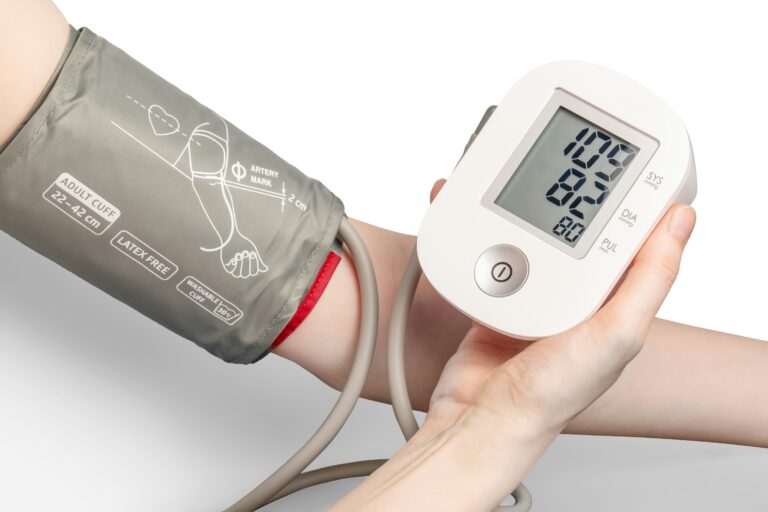Understanding High Blood Pressure: Causes, Symptoms, and Risk Factors

High blood pressure, also known as hypertension, is a common condition that affects millions of people worldwide. In this article, we’ll explore the causes, symptoms, and risk factors associated with high blood pressure.
High blood pressure occurs when the force of blood against the walls of your arteries is consistently too high. This can lead to serious health problems, including heart disease, stroke, and kidney failure. While high blood pressure often has no symptoms, it can silently damage your body over time.
Several factors can contribute to high blood pressure, including genetics, age, diet, lifestyle, and underlying health conditions. Risk factors for developing high blood pressure include being overweight or obese, smoking, excessive alcohol consumption, lack of physical activity, stress, and a diet high in salt and processed foods.
Managing high blood pressure is essential for maintaining overall health and reducing the risk of complications. Lifestyle changes such as maintaining a healthy weight, exercising regularly, eating a balanced diet low in salt and saturated fats, limiting alcohol intake, and quitting smoking can help lower blood pressure.
In addition to lifestyle modifications, medications may be prescribed to help control blood pressure. These medications work by relaxing blood vessels, reducing blood volume, or decreasing the heart’s workload. It’s essential to take these medications as directed by your healthcare provider and attend regular check-ups to monitor your blood pressure levels.
By understanding the causes, symptoms, and risk factors of high blood pressure and taking proactive steps to manage it, you can protect your heart health and reduce your risk of complications.







